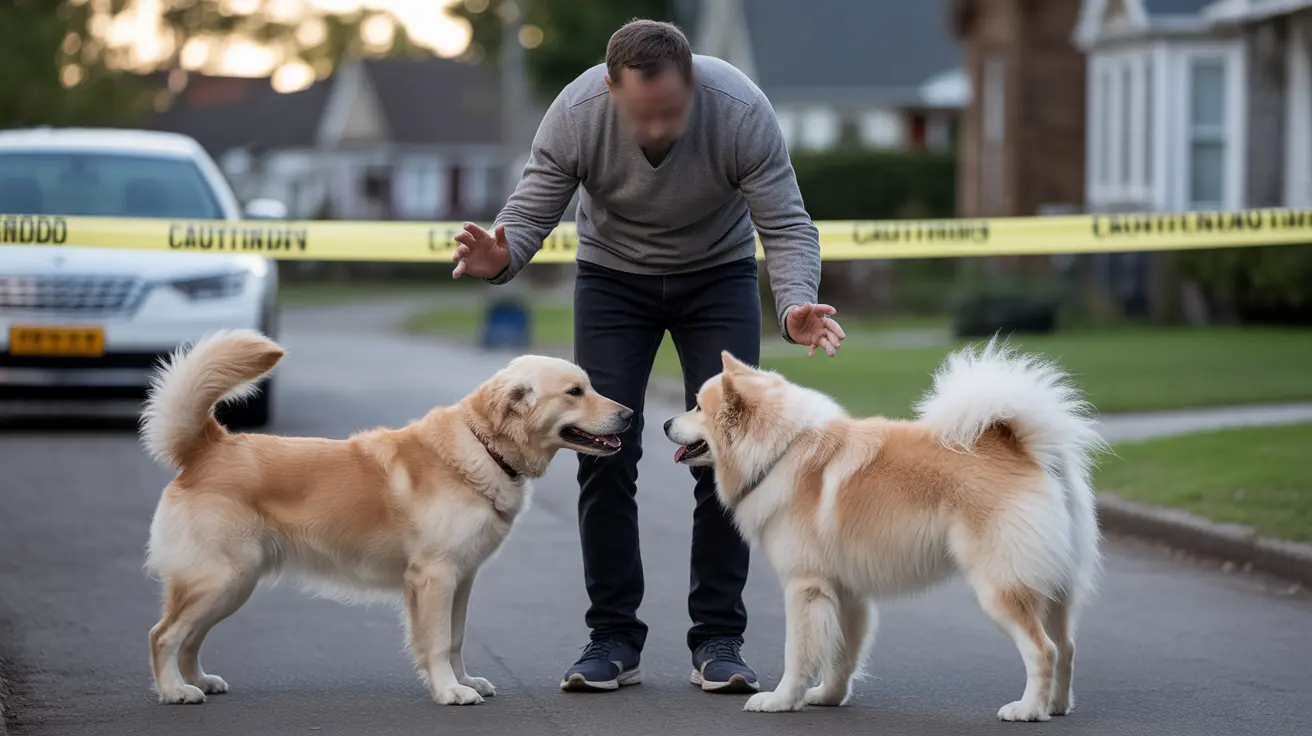A concerning incident involving a pit bull dog attack on an Advisory Neighborhood Commission (ANC) commissioner in Southeast Washington, D.C., has prompted an investigation by local animal control authorities. The attack, which occurred near the intersection of 19th Street and Naylor Road Southeast, highlights ongoing concerns about dog bite prevention and public safety in urban areas.
The incident has drawn attention to the broader issues of dog attack prevention and the importance of responsible pet ownership in densely populated urban environments. Local authorities are currently gathering information about the circumstances surrounding the attack while emphasizing the need for enhanced community awareness about dog safety protocols.
Understanding Dog Attack Risk Factors
Dog attacks in urban settings can occur for various reasons, including inadequate containment, improper handling, or lack of proper training. When incidents involve public officials or occur in communal spaces, they often lead to increased scrutiny of existing regulations and enforcement measures.
Current Leash Laws in Washington DC
Washington D.C. maintains specific regulations regarding dog ownership and public safety. These include mandatory leash requirements in public spaces and specific guidelines for handling potentially dangerous dogs. Pet owners must ensure their dogs are properly restrained and under control at all times when outside private property.
Dog Bite Prevention Measures
Prevention remains the most effective strategy against dog attacks. Key preventive measures include:
- Maintaining proper physical barriers and secure containment
- Using appropriate leash and collar systems
- Regular training and socialization
- Being aware of dog body language and stress signals
- Avoiding approaching unfamiliar dogs without owner permission
Dog Owner Liability Considerations
Dog owners in Washington D.C. bear significant responsibility for their pets' actions. This includes:
- Financial liability for damages caused by their dogs
- Responsibility for ensuring proper vaccination and registration
- Compliance with local animal control regulations
- Maintaining appropriate insurance coverage
Animal Control Response Protocol
When dog attacks occur, animal control officers follow established protocols to:
- Secure the immediate area
- Evaluate the dog's behavior and circumstances
- Document the incident
- Determine if additional measures are necessary
- Monitor for potential public health concerns
Frequently Asked Questions
What should I do if I witness or experience a dog attack?
If you witness or experience a dog attack, immediately move to a safe location and contact local animal control or emergency services. Document the incident if possible, including photos and details about the dog and its owner. Seek immediate medical attention for any injuries, as dog bites can lead to serious infections.
How can pet owners prevent their dogs from becoming aggressive?
Responsible pet ownership includes early socialization, consistent training, and proper exercise. Regular veterinary check-ups, maintaining appropriate boundaries, and understanding breed-specific needs are essential. Professional training assistance may be beneficial, especially for stronger or more challenging breeds.
What role does animal control play in dog bite incidents?
Animal control officers investigate reported incidents, ensure public safety, and enforce local regulations. They may quarantine dogs for observation, issue citations to owners, and make recommendations for preventing future incidents. Their work is crucial in maintaining community safety and promoting responsible pet ownership.
The investigation of this recent pit bull attack serves as a reminder of the importance of responsible pet ownership and community safety measures. As local authorities continue their investigation, pet owners are encouraged to review and follow all applicable regulations while ensuring their dogs receive proper training and supervision to prevent similar incidents.






